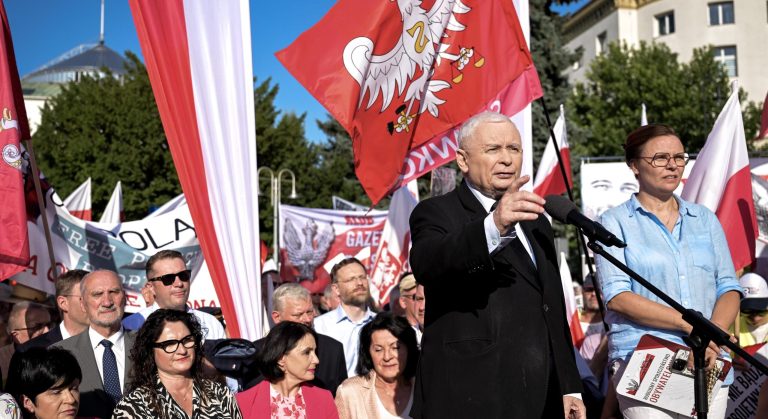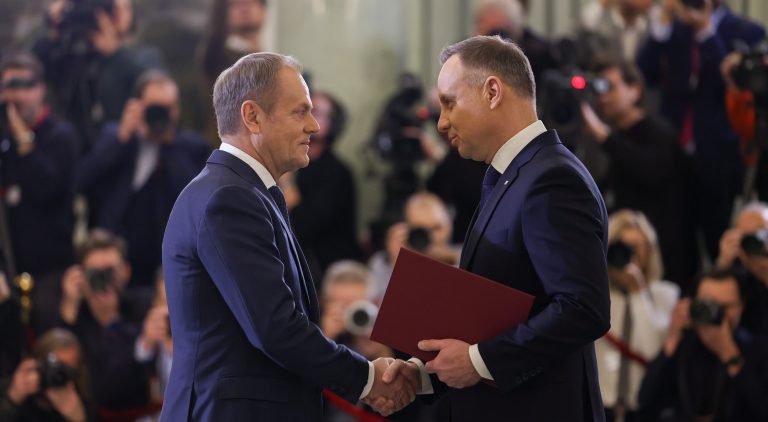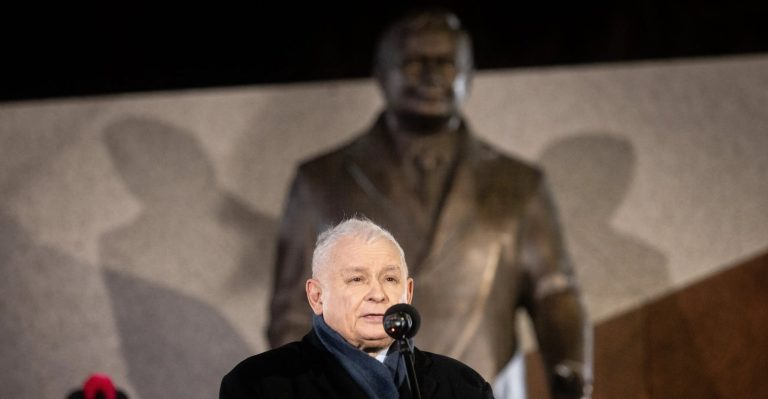Polish government cuts subsidies for milk bar cafeterias
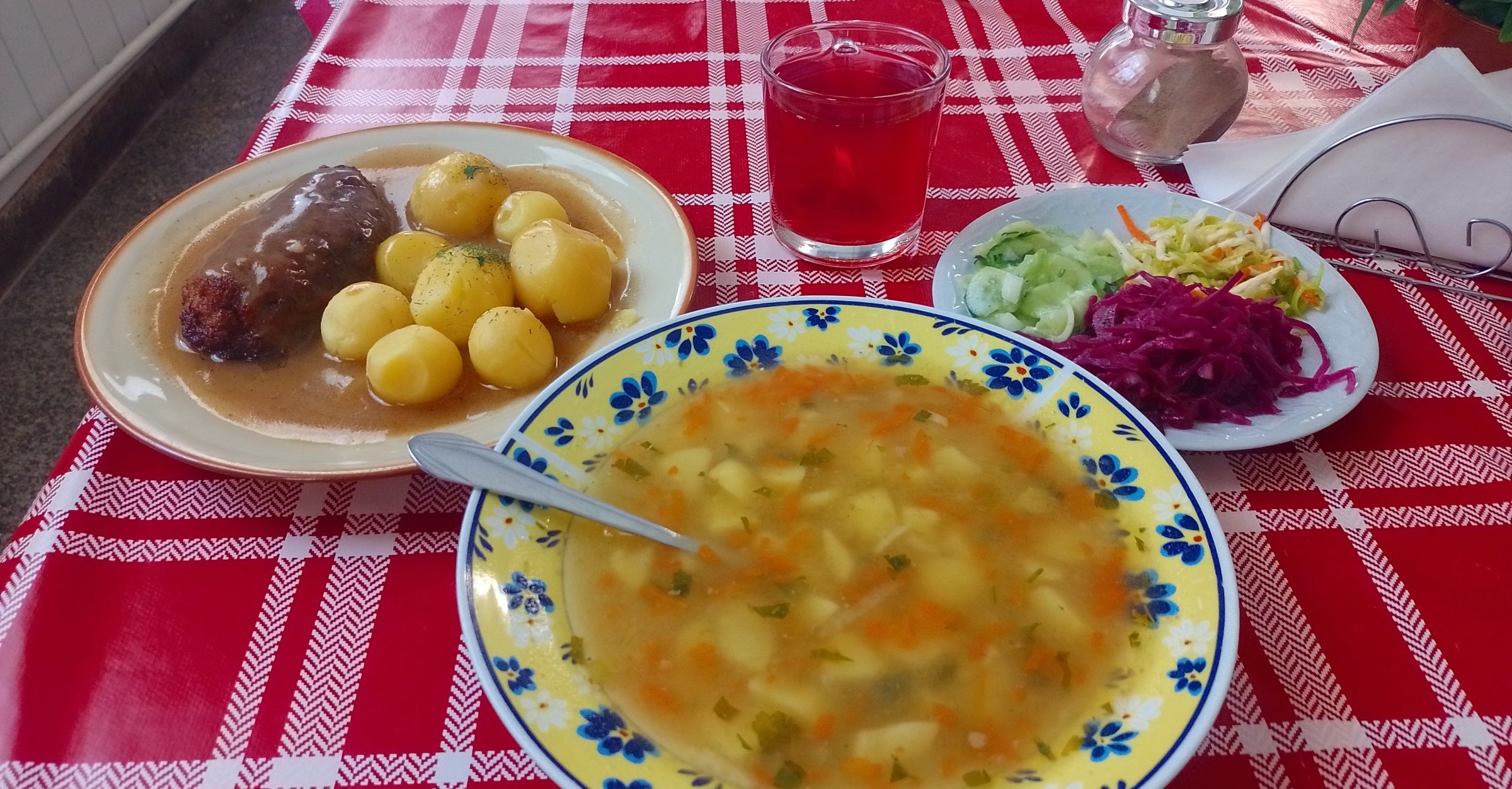
Keep our news free from ads and paywalls by making a donation to support our work!
Notes from Poland is run by a small editorial team and is published by an independent, non-profit foundation that is funded through donations from our readers. We cannot do what we do without your support.
The government plans to cut state subsidies for milk bars – cafeterias offering affordable food that were once widespread in Poland but have struggled in recent years.
Newspaper Fakt first reported that the government’s draft budget for 2025, which is currently being considered by parliament, includes 61.4 million zloty (€14.2 million) in subsidies for milk bars. That is down from 71 million zloty this year.
However, the figure is still well above last year’s 34.4 million zloty. It is also higher than the budget of 43 million zloty that was planned for this year by the former Law and Justice (PiS) government, which left office last December. That figure was increased by 28 million zloty by the current government soon after it took power.
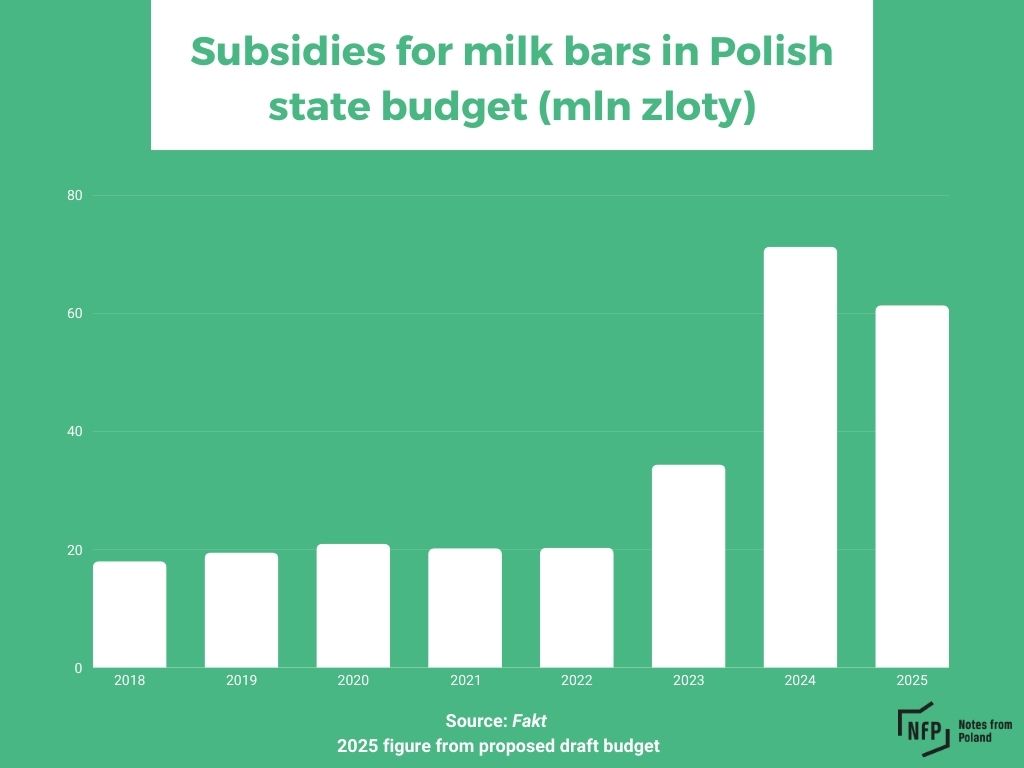
“The amount of subsidy secured in the draft budget act for 2025 was estimated on the basis of the the demand for the subsidy for milk bars reported by the Tax Administration Chamber (IAS),” commented the finance ministry when asked by Fakt about the reason for the cut.
The newspaper explains that this means the tax authorities have calculated, based on data from milk bars, that the amount can be cut because businesses would not be able to spend the entire subsidy.
The subsidies cover 40% of the costs of certain ingredients for dishes. If milk bars want to receive state support, they are not allowed to increase the margins they earn on selling the dishes.
The finance ministry says that on average around 70 businesses use the subsidies available for milk bars. Between 2018 and 2022, the amount in the budget provided for the subsidies remained stable, at between 18 million zloty and 21 million zloty per year.
However, support was significantly increased in 2023, amid soaring inflation that peaked at 18.4% that year. It was then raised again this year amid continued high prices.
That helped milk bars to keep their prices relatively low. At the Miła milk bar in Kraków, for example, a plate of pierogi ruskie (a classic dish consisting of dumplings stuffed with cheese and potatoes) costs 12 zloty (€2.80).
A famous milk bar in Kraków has closed after decades of providing cheap, hearty meals to locals
The decision was mourned by residents and politicians, who called on the authorities to do more to support such traditional eateries, many of which are closing https://t.co/x9RAekYyCu
— Notes from Poland 🇵🇱 (@notesfrompoland) March 1, 2024
Despite government help, many milk bars have been forced to close in recent years after being hit by a combination of pandemic-induced lockdowns, soaring prices of goods, but also the changing tastes and growing wealth of Poles, which has reduced demand for cheaper and more traditional fare.
Another problem for milk bars are the strict and complicated rules around what the state subsidies can be used for and the prices that businesses which receive them can charge. For example, the subsidies do not cover the cost of meat. As a result, many milk bars have decided to stop applying for them.
Asked about this by Fakt, the finance ministry said that it “does not plan any changes in the near future in terms of extending the possibility of using subsidies for meals sold in milk bars”.
Vegan politician @SylwiaSpurek has called for Poland to end state programmes that help the livestock industry, including giving free milk to schoolchildren and providing subsidies to milk bars, a type of cheap cafeteria https://t.co/qFOSdG1F22
— Notes from Poland 🇵🇱 (@notesfrompoland) November 12, 2022

Notes from Poland is run by a small editorial team and published by an independent, non-profit foundation that is funded through donations from our readers. We cannot do what we do without your support.
Main image credit: Kamil Czaiński/Wikimedia Commons (under CC BY-SA 4.0)

Daniel Tilles is editor-in-chief of Notes from Poland. He has written on Polish affairs for a wide range of publications, including Foreign Policy, POLITICO Europe, EUobserver and Dziennik Gazeta Prawna.

![Trump’s victory presents dangers for both Poland’s government and opposition [Opinion]](https://polskieczasy.pl/wp-content/uploads/2024/11/o2083378041a-768x407.jpg)
